Jack Reed Sr.
"I think we all have a responsibility that we do what we think is right, and I thought if I wasn’t going to say it, who was?" Tupelo businessman Jack Reed Sr. was president-elect of the Mississippi Economic Council in 1963. On January 22, he spoke before hundreds of business leaders and legislators in Jackson—only a few months after the integration of the University of Mississippi. Tensions ran high, with state leaders pledging to close all public schools. In the landmark speech, Reed condemned the violence and made the case for education and academic freedom. His audience walked out. Later, letters of support from White Mississippians poured in. Reed went on to become a leading moderate voice and lifelong supporter of public education.


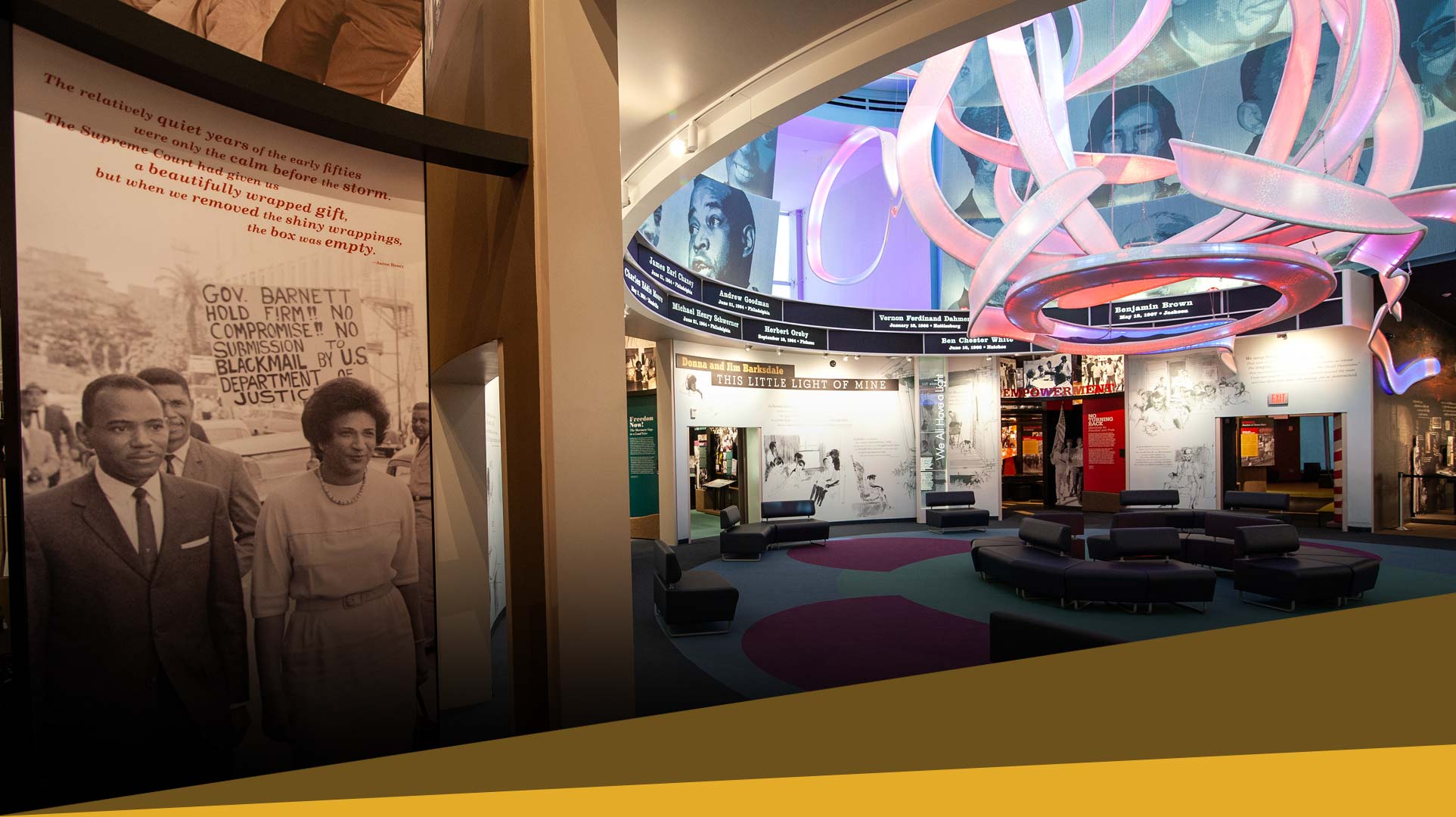
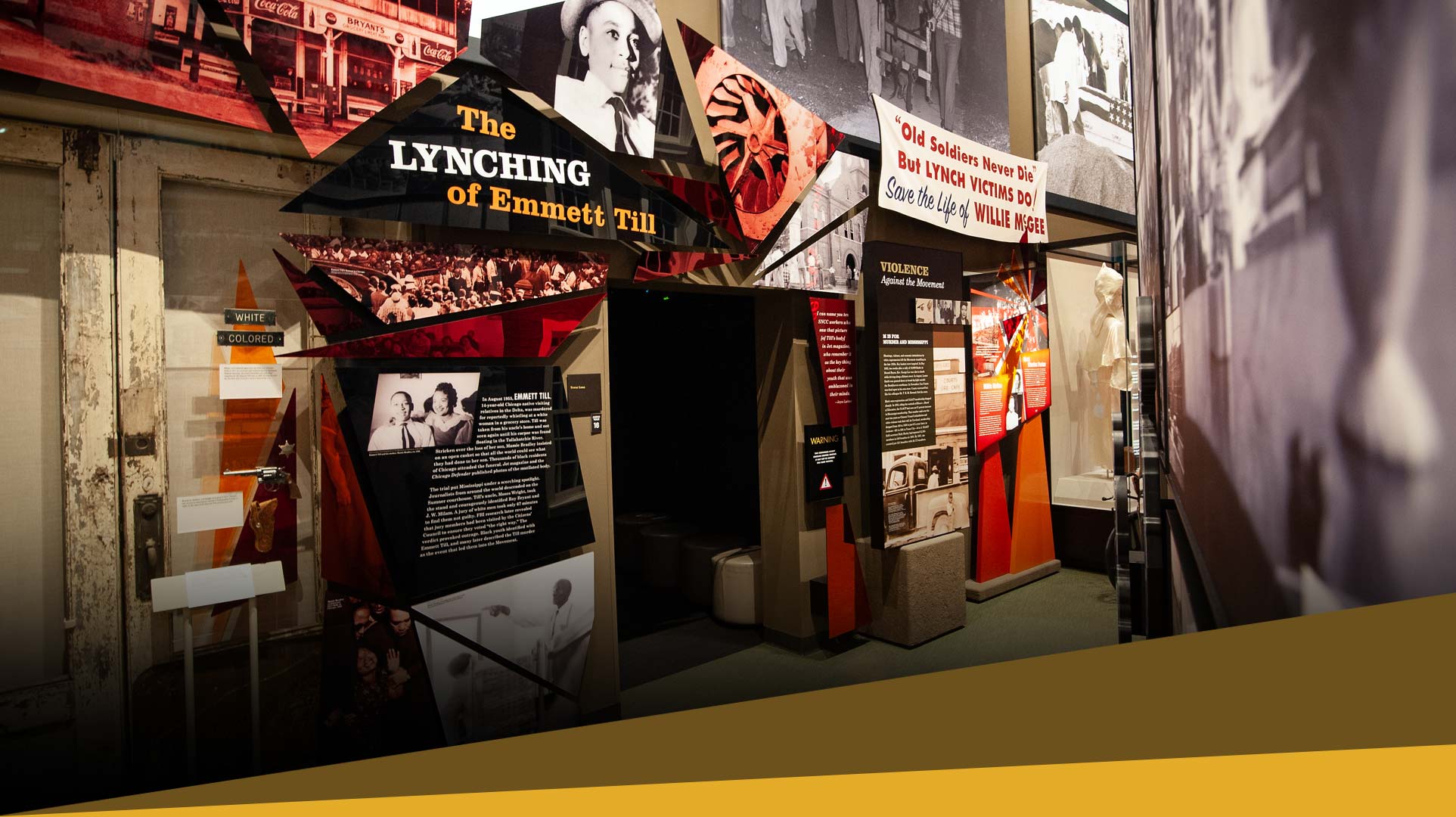



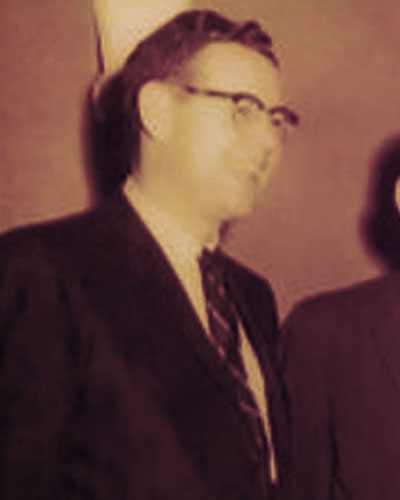
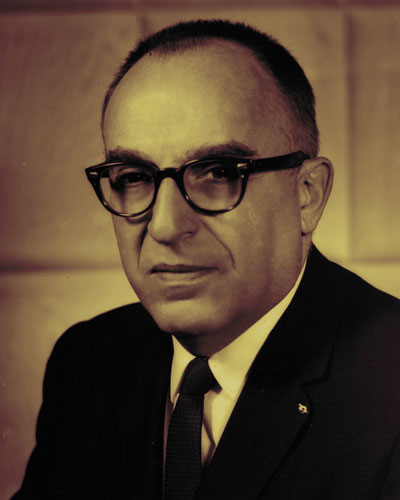
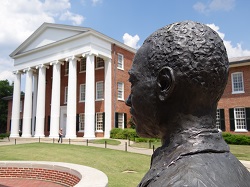 Honors James Meredith and all those who fought for equal educational opportunities
Honors James Meredith and all those who fought for equal educational opportunities First Catholic Church in Mississippi River Valley with exclusively African American congregation
First Catholic Church in Mississippi River Valley with exclusively African American congregation